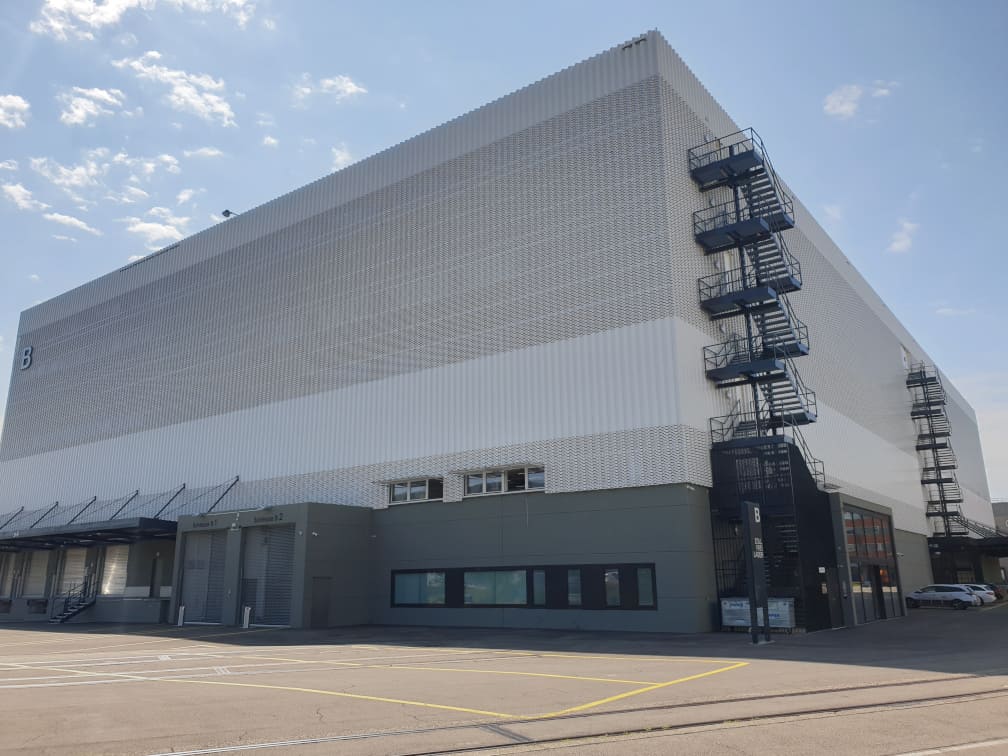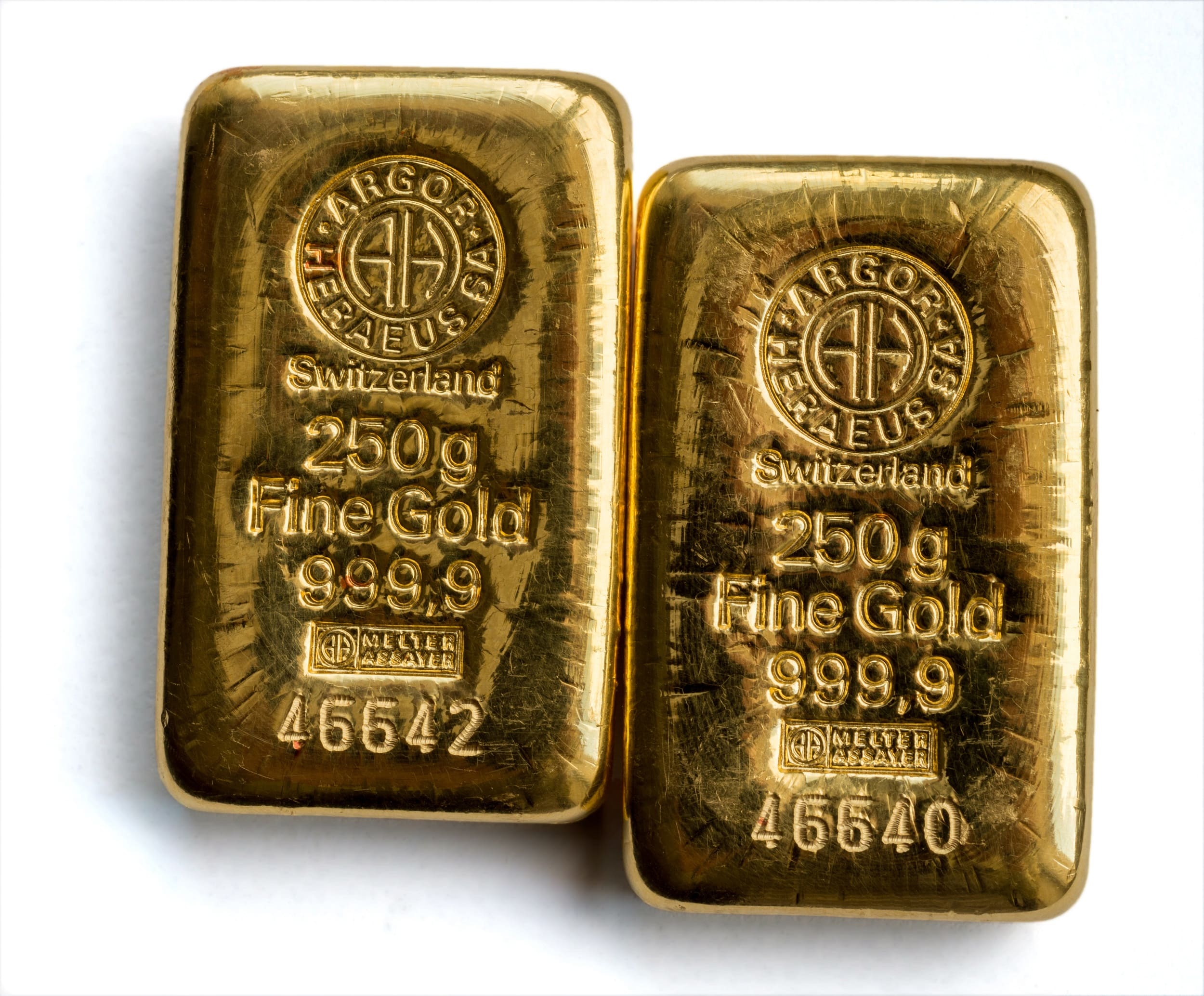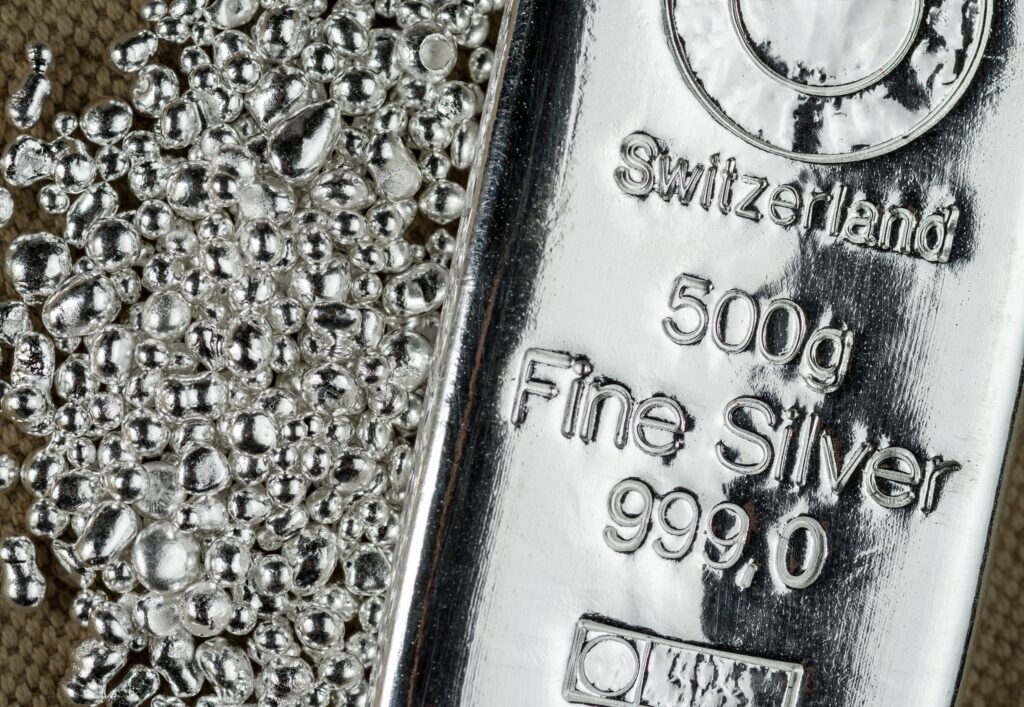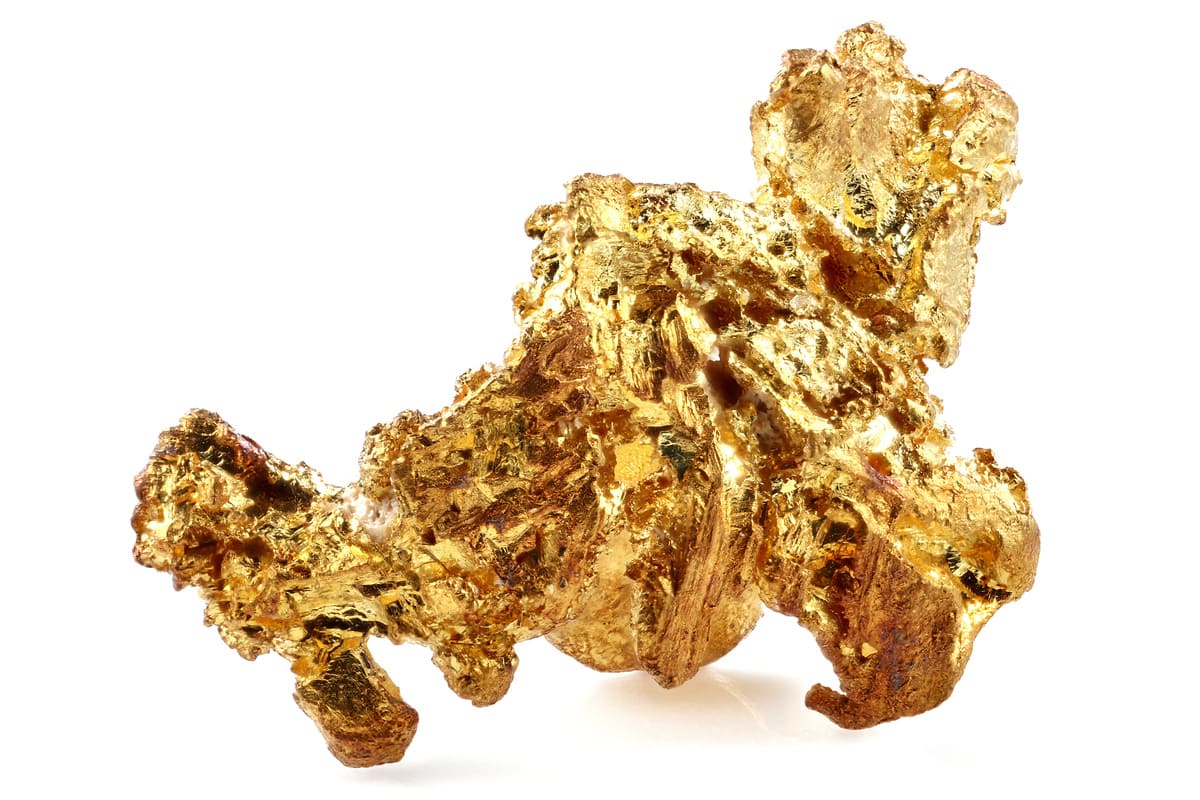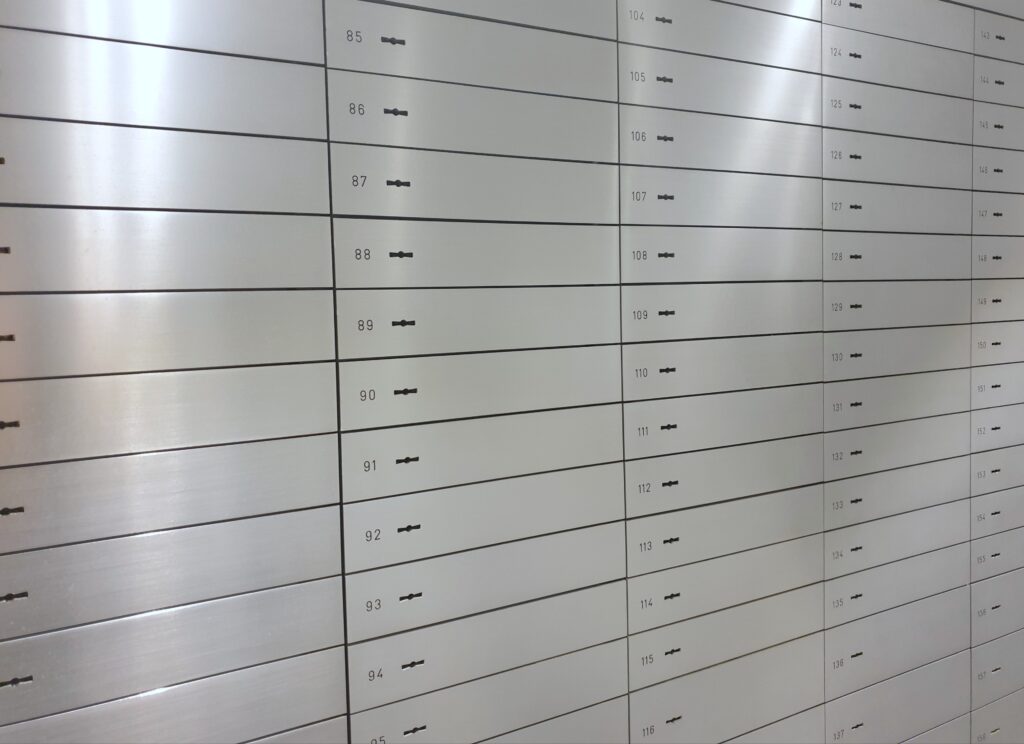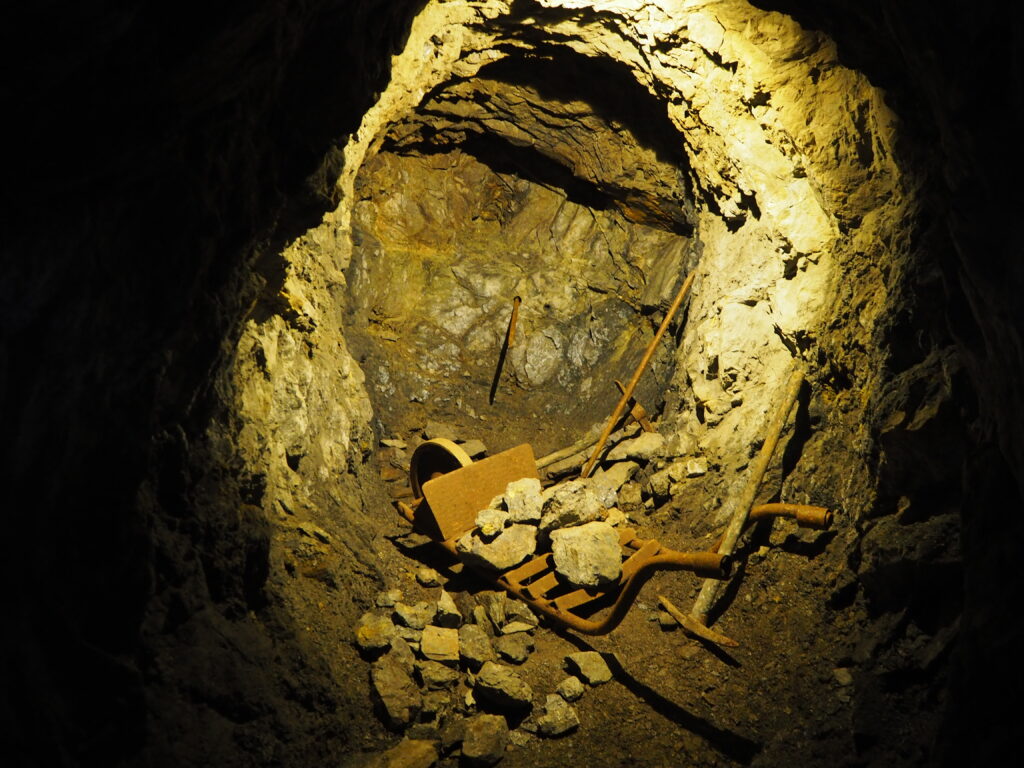Swiss francs as a hedge against inflation
Additional information > Prevailing conditions for value storage in Switzerland and Liechtenstein > Anti-inflation strategy: CHF in a safe deposit box
Store cash in a bank-independent safe deposit box in Switzerland
Geopolitical events are universally regarded as drivers of inflation, with double-digit rates no longer uncommon in many countries. Thus, high-net-worth individuals are seeking alternative asset-protection solutions. Low inflation and a solid Swiss franc put Switzerland in a pole position compared to other countries. Furthermore, the SNB reports that, even in the digital age, hard cash remains a popular option.
Storing Swiss francs in a safe deposit box thus represents one way certain groups can protect their assets against currency depreciation and the consequent loss of purchasing power. This is an entirely legitimate form of inflation protection which does not circumvent anti-money laundering legislation. On the contrary, as the Swiss Federal Council explains, the ability to store wealth in Swiss francs remains one of the most important functions of the cash domain.
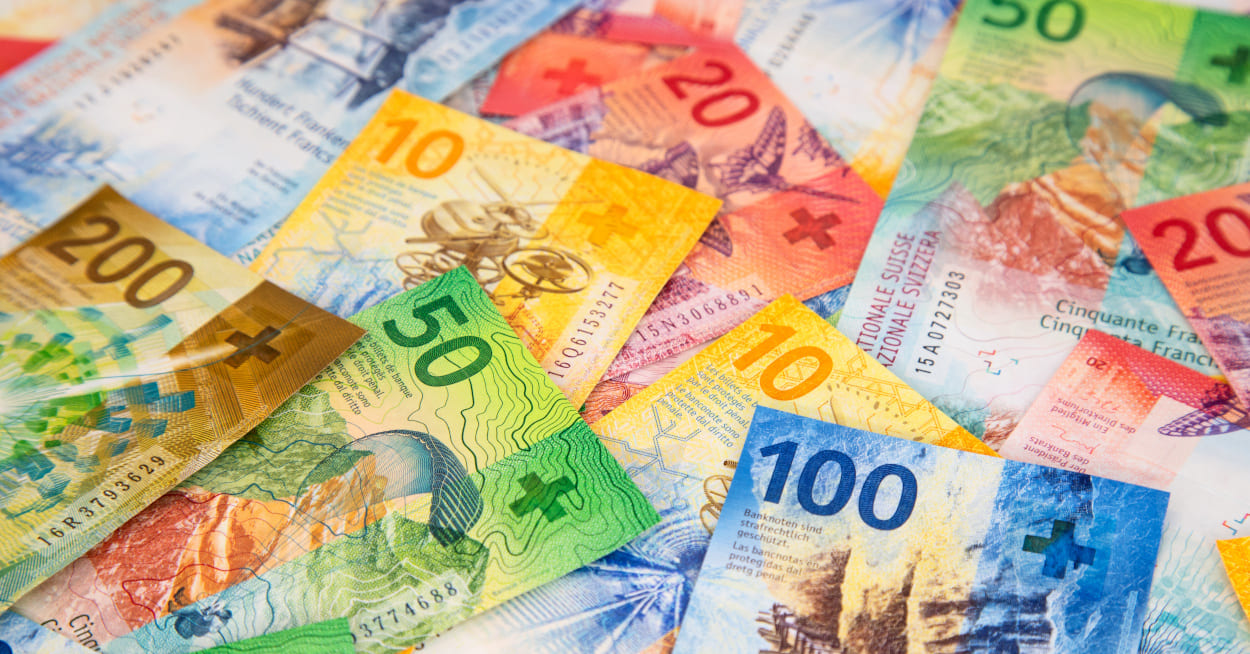
© swisshippo - stock.adobe.com
Secure your assets against inflation by storing cash or gold in a safe deposit box in Switzerland.
The Swiss franc as a safe haven
But what makes the Swiss franc (CHF) such an attractive investment? Put simply, it is considered one of the strongest global currencies. Especially in difficult economic times, the CHF is regarded as a safe haven in stormy waters. Although the Swiss National Bank (SNB) reported a record deficit in 2022 – due to falling share and bond prices – this had no effect on the perceived strength and resilience of the franc. For many years, the SNB has prioritised the acquisition of large foreign currency holdings and invested these reserves in shares and bonds.
With these kind of investments, book losses will naturally tend to occur in economically difficult phases, but a real loss is only incurred if an investment has to be sold on below its initial value. So it is important to understand that such ‘paper losses’ can only occur because of the very existence of an underlying asset of genuine value.
The stability of the Swiss franc is also underpinned by the SNB’s conservative monetary policy. Prompt and consistent measures implemented by this central bank, with inflation cushioned in good time, have ensured a strong Swiss franc and maintained relative price stability.

© 43047836 - stock.adobe.com
Switzerland has no cash constraints
As part of a broader switch to global digitization, more and more central banks are relying on digital currencies and consequently reducing their cash holdings. And in addition, an increasing number of digital payment services continue to be set up in order to make cashless payment more attractive to the general public. Elsewhere, savers who have accumulated too much money in their bank accounts are now being hit with interest penalties. Many European Union (EU) countries have also introduced (or lowered) cash limits applicable to precious metals and other products bought over the counter.
Here too, Switzerland has adopted a different approach which continues to highlight the importance of cash. Among the Swiss public there is a great demand for the franc, and citizens continue to demonstrate enormous confidence in their popular domestic currency. One reason for their supportive attitude could be the general uncertainty triggered by the global banking crisis of 2008. Furthermore, as the SNB noted in its World Banknote Summit of 2017, cash is considered more reliable because it can be used independently of any external technical infrastructure. This same report also points out that cash offers a more comprehensive protection of financial privacy than other monetary alternatives: Those who possess cash retain complete control over who gains knowledge of their personal economic circumstances. As such, the SNB sees no good reason to restrict the availability of cash, and thus intends to continue to guarantee the country’s cash supply.
The cash limits so common in other countries rarely apply in Switzerland and cash transactions of several thousand Swiss francs can be processed without any problems. For example, precious metals such as gold coins and gold bars up to a value of 15,000 CHF, can be anonymously purchased over the counter. And likewise, the cash bans and/or limits on cash withdrawals commonly found in countries like Cyprus, Greece or Lebanon will not be encountered in Switzerland. A cash currency is also necessary to maintain everyday public liquidity in the event of technical breakdowns like internet disruptions or power failures.
Likewise, a cash system allows those without a bank account – and those who cannot, or do not wish to use cashless payment methods – to access funds. Cash also facilitates the easy and understandable handling of money, thus enabling every citizen to participate in economic and social life. As the SNB website explains, that’s precisely why cash remains popular in the digital age.
Banknotes available up to 1,000 CHF
In order to reduce cash circulation, the production and issue of the 500-euro banknote was halted back in 2019. While this banknote retains its status as legal tender and function as an asset value, it will no longer be recirculated. However, the situation in Switzerland is very different. In addition to a 200-franc note, a 1,000-CHF banknote is also available. These banknote denominations are particularly suitable for storing cash, because they take up significantly less space inside a safe deposit box than smaller notes. Learn more about this in the next section.
Zurich-based company Orell Füssli AG has been printing banknotes for circulation on behalf of the Swiss National Bank for more than 100 years. In an interview with the Limmattaler Zeitung company CEO Daniel Link said: “I’m confident that cash will be around for a long time to come. The banknote business is a stable market that is growing by around four percent a year. Link continued: “Banknotes are still the cheapest form of payment, because the costs incurred for using cash are low when compared to alternative options such as credit card fees, for example.”
This is particularly the case with the 1,000-franc note, the most valuable bank note in the world that is still in circulation. Thanks to a well-functioning financial system and sophisticated legal regulation, they are secure and not prone to risks such as money laundering or tax evasion. The Swiss Federal Council considers such high-security, counterfeit-proof banknotes an important component of a successful integrated economic cycle, symbolizing the durability and stability of the Swiss currency.
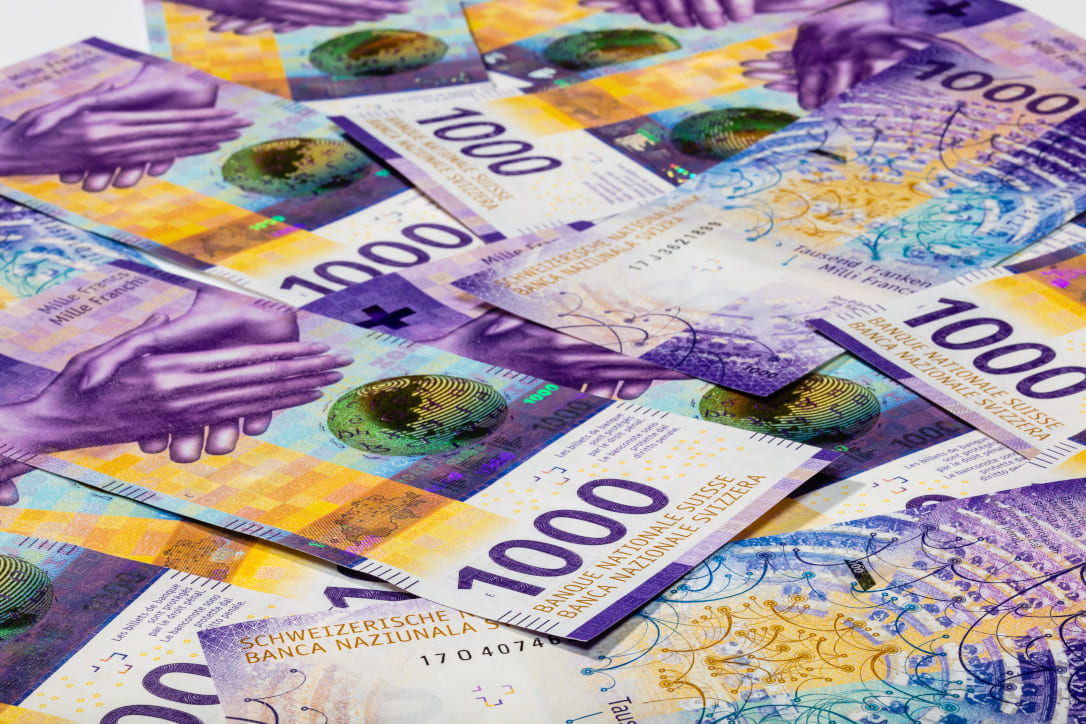
© Claude - stock.adobe.com
Rent a Swiss safe deposit box to protect your assets
If you wish to securely store some of your assets in Switzerland, you can do this in a variety of ways. For example, cash storage in Swiss francs is definitely an option. As previously mentioned, 1,000-CHF banknotes are particularly suitable for this purpose – even a normal-sized safe deposit box can easily store amounts of up to one million Swiss francs. A wad of money this size weighs in at just over 1,000 grams and is 10 centimetres thick. Find out more about the dimension and weight of banknotes in our article about storing cash in a safe deposit box.
Bank-independent safe deposit boxes in Switzerland are equally suitable for the secure storage of cash or precious metals. Such privately-managed safe deposit boxes can be flexibly adapted to meet your personal needs and are accessible almost around the clock. The vaults are highly secure systems which are always located outside of metropolitan areas. Thanks to Switzerland’s efficient infrastructure, these facilities are easily accessible and protected by state-of-the-art, high-security features.
- Find out more about bank-independent safe deposit boxes in Switzerland here.
Protection for precious metals: individual custody in Switzerland
As well as the cash option, asset protection can also be achieved with gold. Switzerland is also renowned as a safe country for gold where investors can both purchase physical gold bars or gold coins and store them securely and discreetly. Value-dense precious metals can be safely stored in privately-managed, bank-independent facilities offering individual custody arrangements – a type of storage which guarantees the return of your original holdings by carefully recording bar or seal numbers.
Segregated value storage is particularly suitable for clients who live further away or have limited mobility. Buying and selling precious metals is always possible at any time via a specialist, Swiss-based dealer. The storage company also handles the storage and retrieval of your precious metals.
- Click here to learn more details about just how easy and convenient it can be to store precious metals in Switzerland under individual custody arrangements.
An overview of using Swiss francs as part of your anti-inflation strategy
- Many countries of the world suffer severe inflation triggered by geopolitical events. However, inflation rates in Switzerland have been historically moderate.
- High inflation in Switzerland has been cushioned by the dual effect of a strong Swiss franc and a conservative monetary policy.
- Even in the digital age, the SNB continues to rely on a trusted cash component which can be used flexibly, even if the digital infrastructure should fail.
- The Swiss franc is thus particularly suitable as a legitimate hedge against inflation for companies and wealthy, high-net-worth individuals.
- The 1,000-franc banknote represents an excellent store of value because it takes up so little space in a safe deposit box. This forgery-proof banknote is an important component of the economic cycle and also symbolizes the stability of the Swiss currency.
- Privately managed, bank-independent safe deposit boxes in Switzerland are recommended for the secure storage of your cash.
- If you wish to store physical gold in Switzerland as well as cash, you can use secure and convenient individual custody arrangements.


